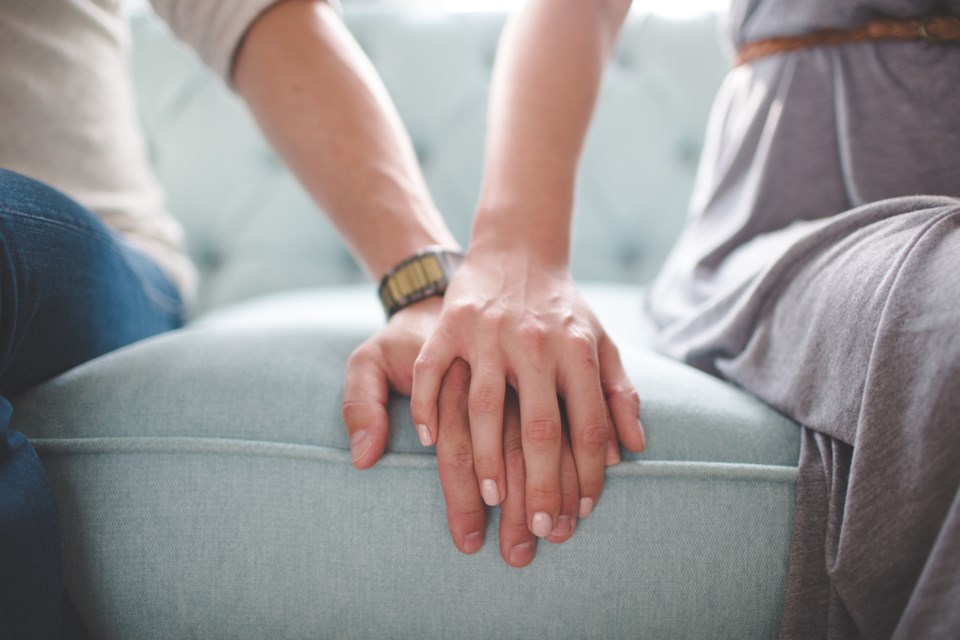There are a lot of tropes and cliches surrounding women’s pursuit of love. A lonely Bridget Jones figure moping around the self-help section of the bookstore is an unfortunate but familiar image in the media - and it's one that is outdated and entirely rooted in sexism because for every problematic wet blanket Ted Mosby-type there are a dozen more female versions and both are unproductive.
So how do people seek support or advice about dating and relationships without feeling shame or falling victim to these archetypes?
Perhaps the answer is a relationship coach.
“A relationship coach is going to look at where you are right now and where you want to be,” says Amy Chan, author and founder of Renew Your Heart Breakup Bootcamp.
Unlike a therapist that largely focuses on healing from the past, has the power to diagnose mental health issues, and with whom you could potentially be working for years, a relationship coach acknowledges the past to form an action plan for your present and future. The goal with a relationship coach is to ensure you won’t be a repeat client, according to Chan—a coach who says she focuses on the how instead of the why.
How can you get yourself unstuck?
Relationship coaches help people through blockages and recognize their patterns or blind spots. "We all have them,” says Chan, “and your friends either aren't equipped to tell you or are too scared."
Chan’s relationship coaching specializes in breakups but she began her career as a relationship columnist for the now-folded 24-hours Vancouver. When her entire world was rocked by a breakup she moved to New York and, in the process of rebuilding her life, she started a business that gathered therapists, neuroscientists and other experts who were able to support people through breakups together for a breakup bootcamp retreat. “I wanted to create something for people grieving this pain,” she shares.
But after healing from a breakup many people still carry around the same self-destructive patterns that relationship coaches can help address.
"It sounds cliche but a lot of it does come from childhood," she explains. Attachment theory dictates how our nervous systems react to intimacy and while those connections are formed in childhood they can be a part of how we relate romantically as adults.
In addition, many of us developed maladaptive coping mechanisms. A relationship coach can help develop adaptive coping mechanisms.
There is also a bit more structure when working with a coach than there would be in therapy. Relationship coaches can get you back on track when you spiral or circle with your thoughts and point out "this is what's going on that you might not be seeing,” says Chan. But with actionable steps, “It’s not just cognitive.”
Relationship coaches might give clients exercises to work on like boundary setting that starts small and then slowly increases.
When choosing a relationship coach Chan says it’s important to look at testimonials and the content they're putting out. What is their value system? Does it align with yours? She also says that getting a referral is best and even then if you feel judged or uncomfortable with them then it isn't a good fit.
Chan is currently working on her second book about the science and psychology of dating and she's doing group mentorship on how to date. She is also developing a community in Vancouver with plans to start a salon series about different topics surrounding dating and relationships.




